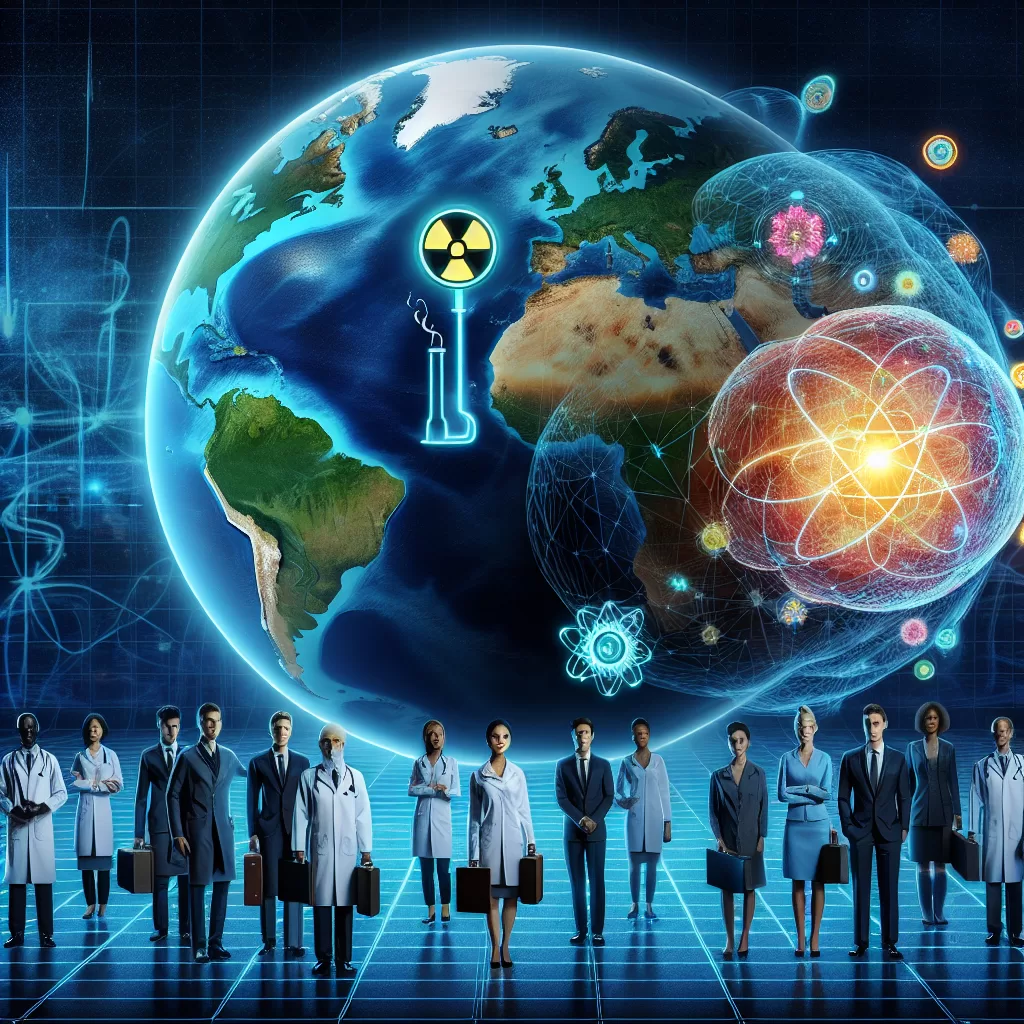AI Energy Hunger Revives Nuclear Ambitions Globally
Nuclear Renaissance Fueled by AI Boom
From the United States to China, a fresh wave of nuclear reactor construction is gathering momentum, driven by AI’s rapacious energy consumption. “AI could single-handedly double world demand for electricity by 2025,” cautions Dr. Amelia Lorde, a climate scientist at MIT.
According to the International Energy Agency, data centers already consume over 1% of global electricity, with a carbon footprint rivaling the aviation industry. As natural language models like GPT-3 continue to evolve, their mind-boggling complexity translates into staggering energy requirements.
Carbon Concerns Spur Nuclear Rethink
“Renewables alone cannot satisfy AI’s exponential power needs,” argues Dr. Jan Kowalski of the IAEA. “Nuclear fission may be pivotal in decarbonizing AI while ensuring energy security.”
This stance reflects a profound shift in attitudes towards nuclear energy, once deemed too hazardous. With modern reactor designs boasting improved safety features, policymakers are reassessing the nuclear option to curb AI’s carbon emissions without compromising innovation.
As the digital revolution accelerates, the world faces an existential dilemma – fueling the AI juggernaut while averting environmental catastrophe. The nuclear renaissance may offer a controversial but compelling solution to this conundrum, shaping both our energy landscape and technological destiny.

